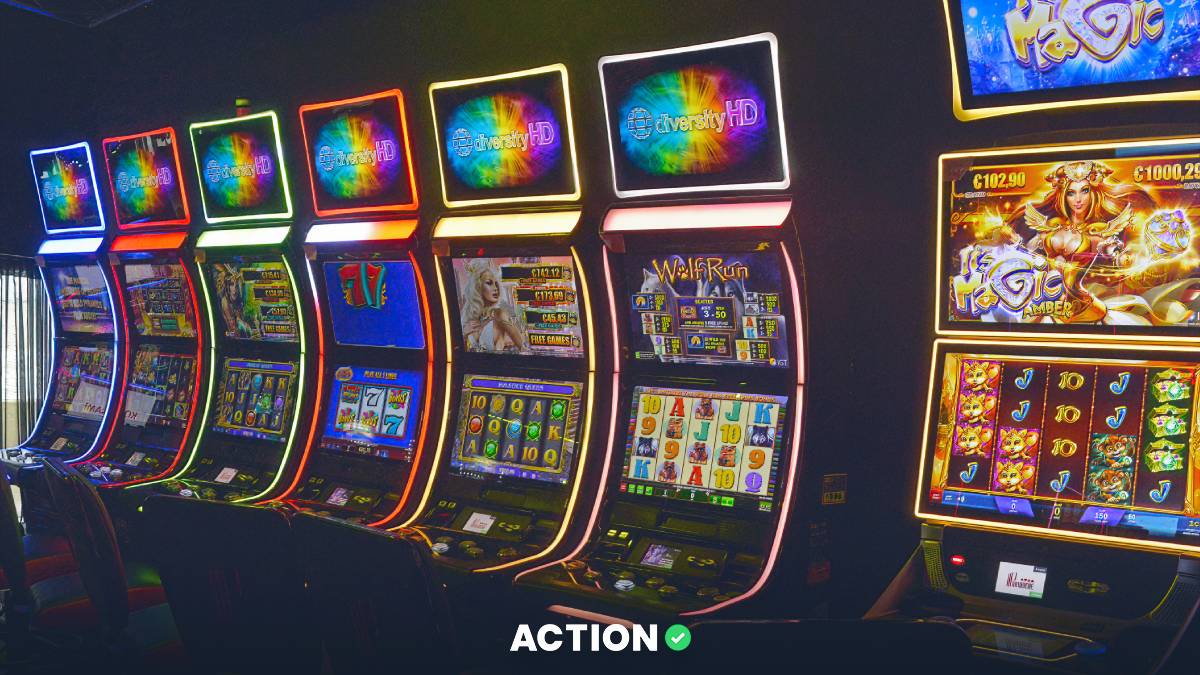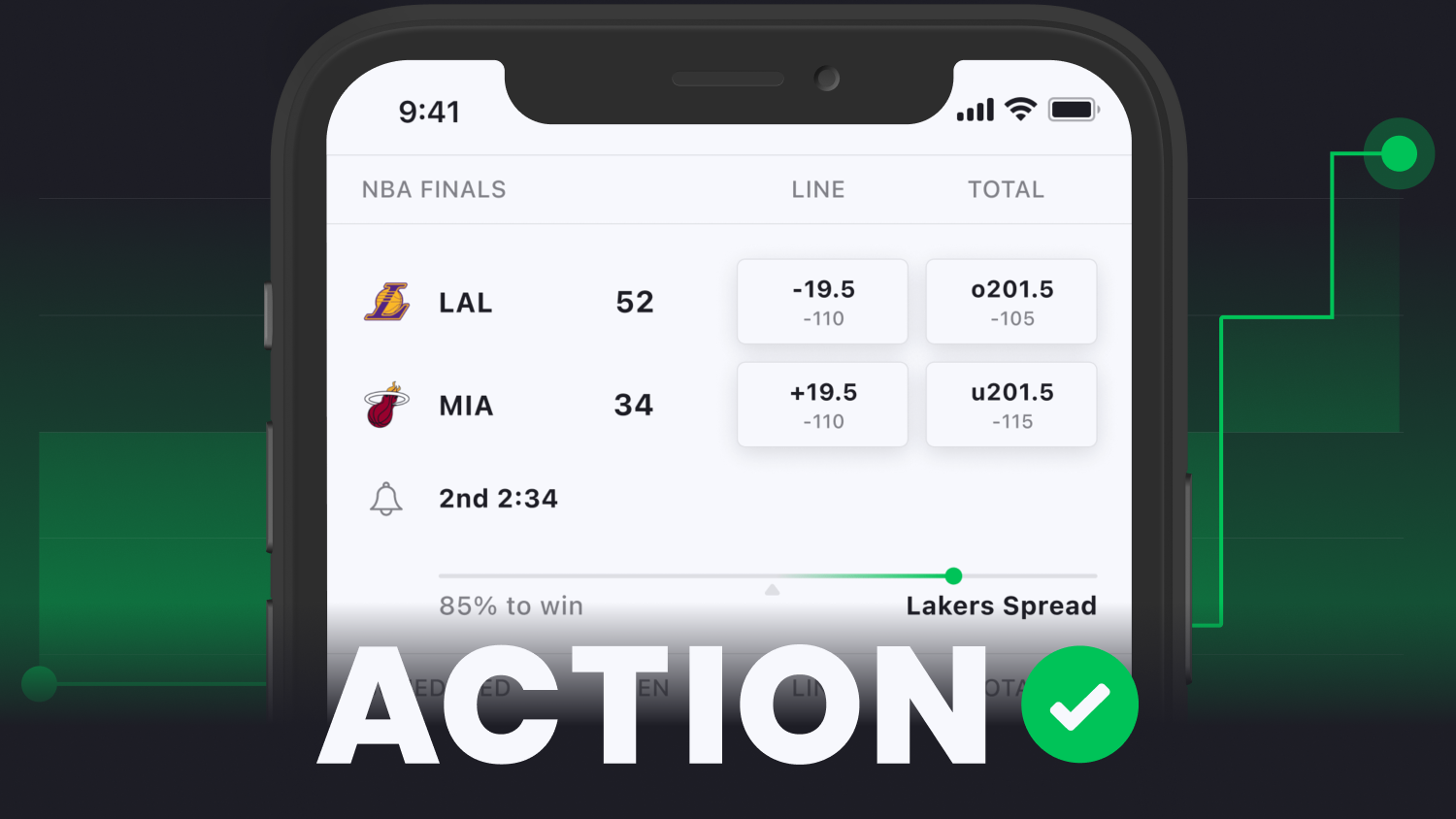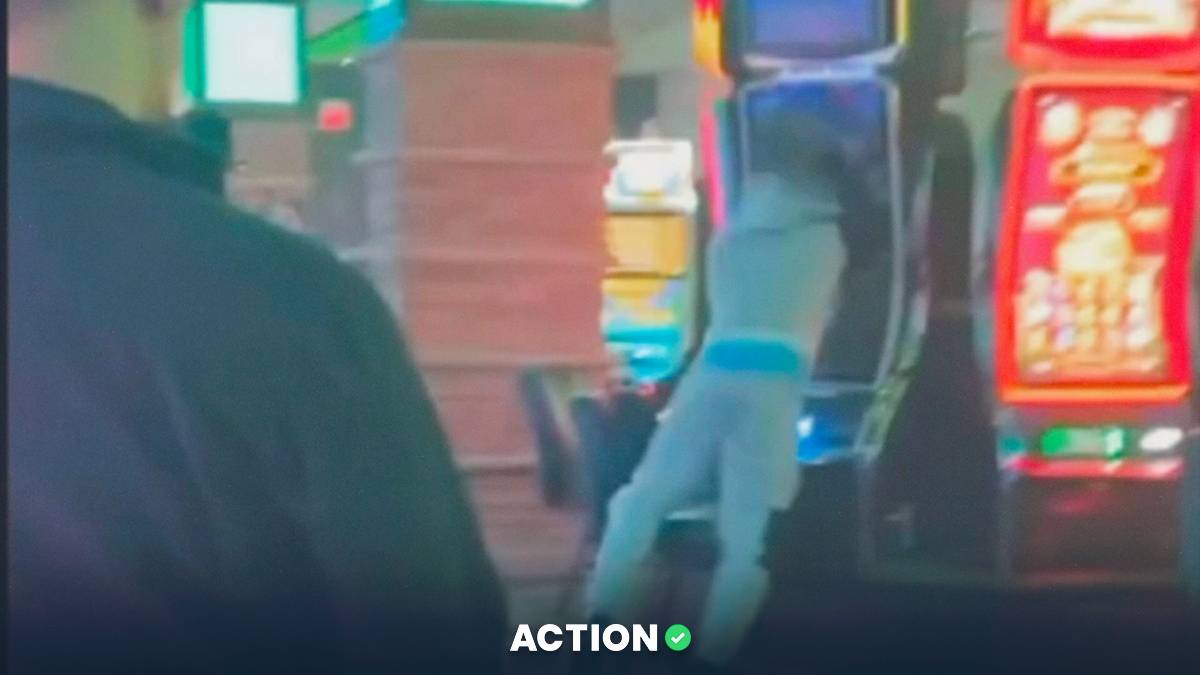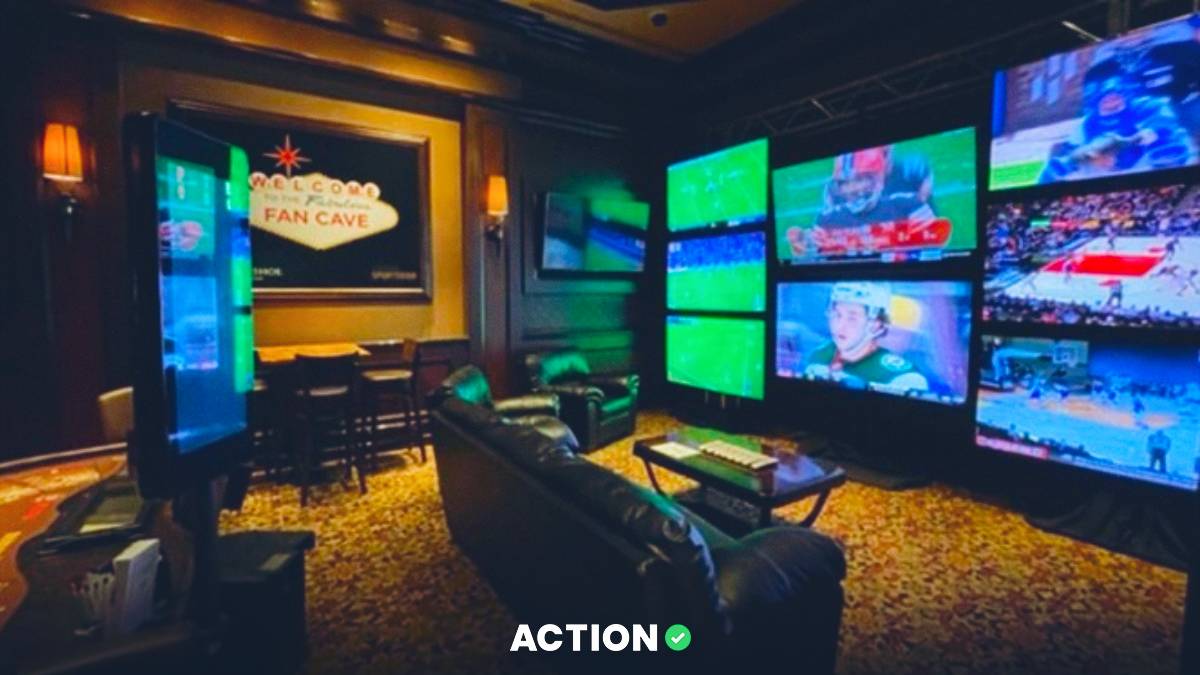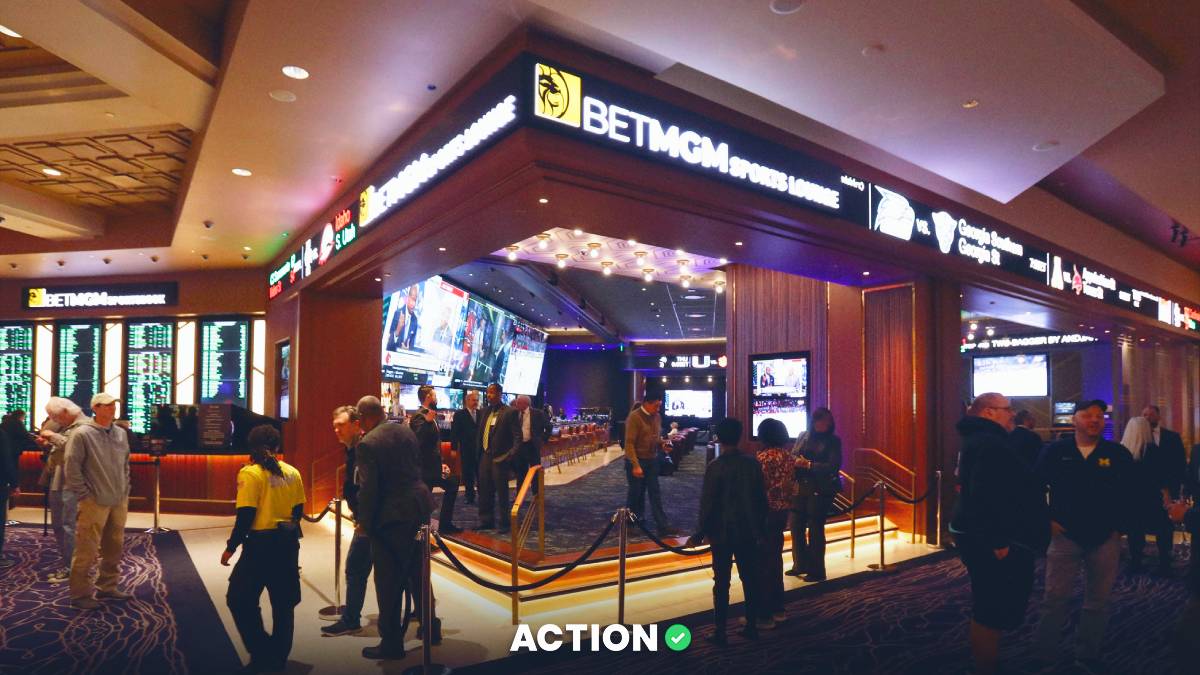The Model Internet Gaming Act (MIGA) will be discussed at the National Council of Legislators from Gaming States (NCLGS) winter meeting in New Orleans next week.
Seven U.S. states currently offer legal online casino games, while others are close to joining them. When these states add online casino games, they might not have to set their tax rates for operators. Instead, those rates might already be established for them.
The NCLGS introduced MIGA to help states trying to decide whether to legalize internet gambling. They suggest the best online gambling tax rate may fall between 15% and 25%. The goal is to provide a framework for states to create their own laws while using successful practices from other states.
What Is The NCLGS?
The National Council of Legislators from Gaming States (NCLGS) is a group of state lawmakers that meet regularly to discuss gaming issues. Members of the NCLGS either lead or serve on committees that oversee gaming regulations in their states. NCLGS neither supports nor opposes gaming. Instead, they focus on ensuring proper industry regulation.
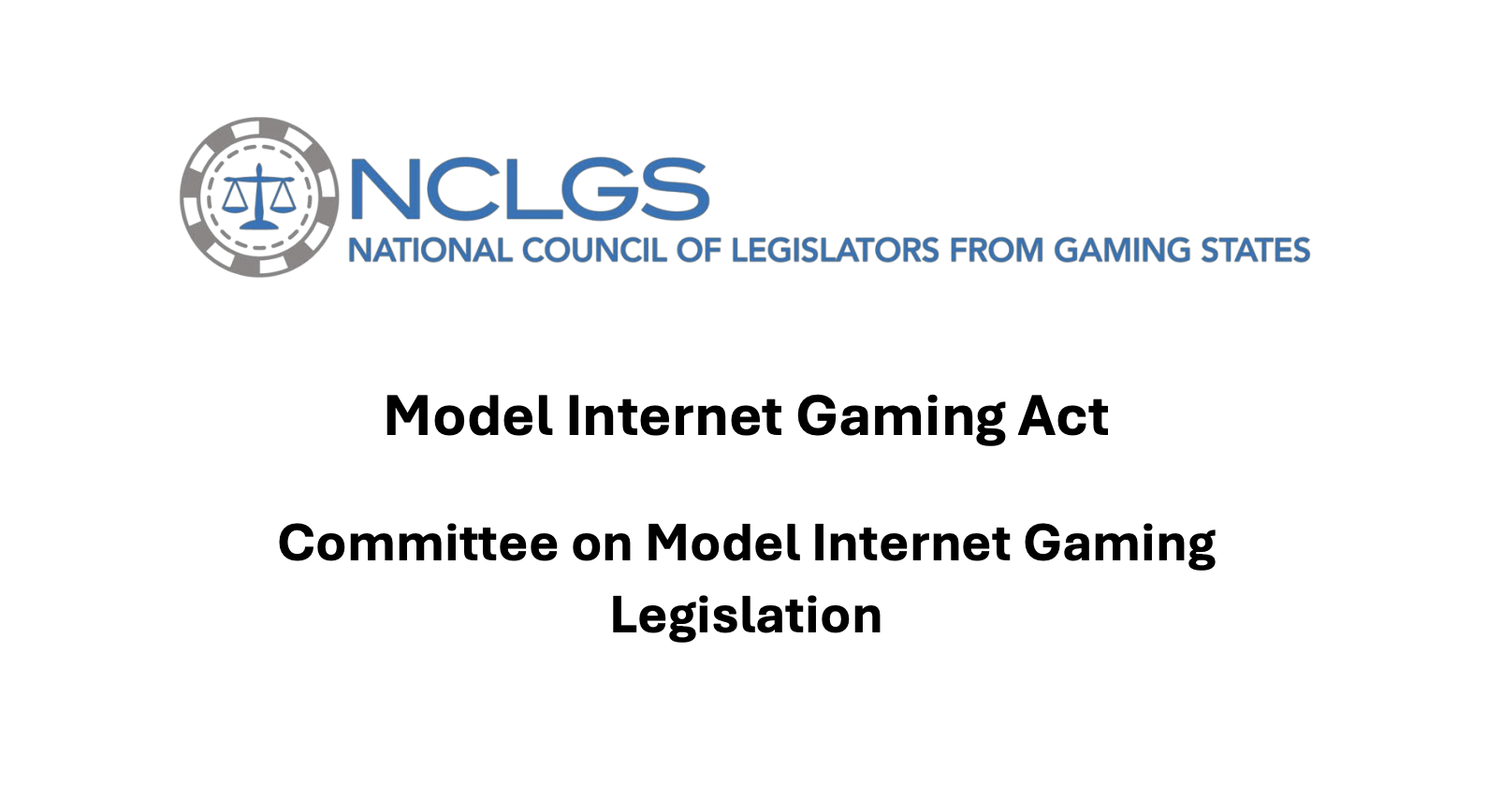
The NCLGS actively educates lawmakers on gaming topics, develops public policy for state-approved gaming and, when they agree, represent states in front of Congress and federal agencies on gaming-related state rights issues.
NCLGS has committees on several gaming topics, including lotteries, pari-mutuels, casinos, responsible gaming, state-federal relations on Indian gaming issues, and telephone and internet wagering.
States That Permit Online Casino Gambling
Since the Supreme Court overturned the Professional and Amateur Sports Protection Act, federal law has allowed states to legalize gambling and sports betting. However, few states have established regulatory frameworks for gambling.
Today, 38 states allow some form of sports betting, but casino games remain more restricted throughout the country.
The seven U.S. states that offer legal online casino games are:
- Connecticut
- Delaware
- Michigan
- New Jersey
- Pennsylvania
- Rhode Island
- West Virginia
Meanwhile, Nevada offers internet poker, but not online casino games.
Which States May Legalize Online Casinos Next?
Ohio seems to be taking the necessary steps to regulate online casinos after Senator Niraj Antani introduced SB 312. This bill seeks to legalize online casinos and an online lottery in the state.
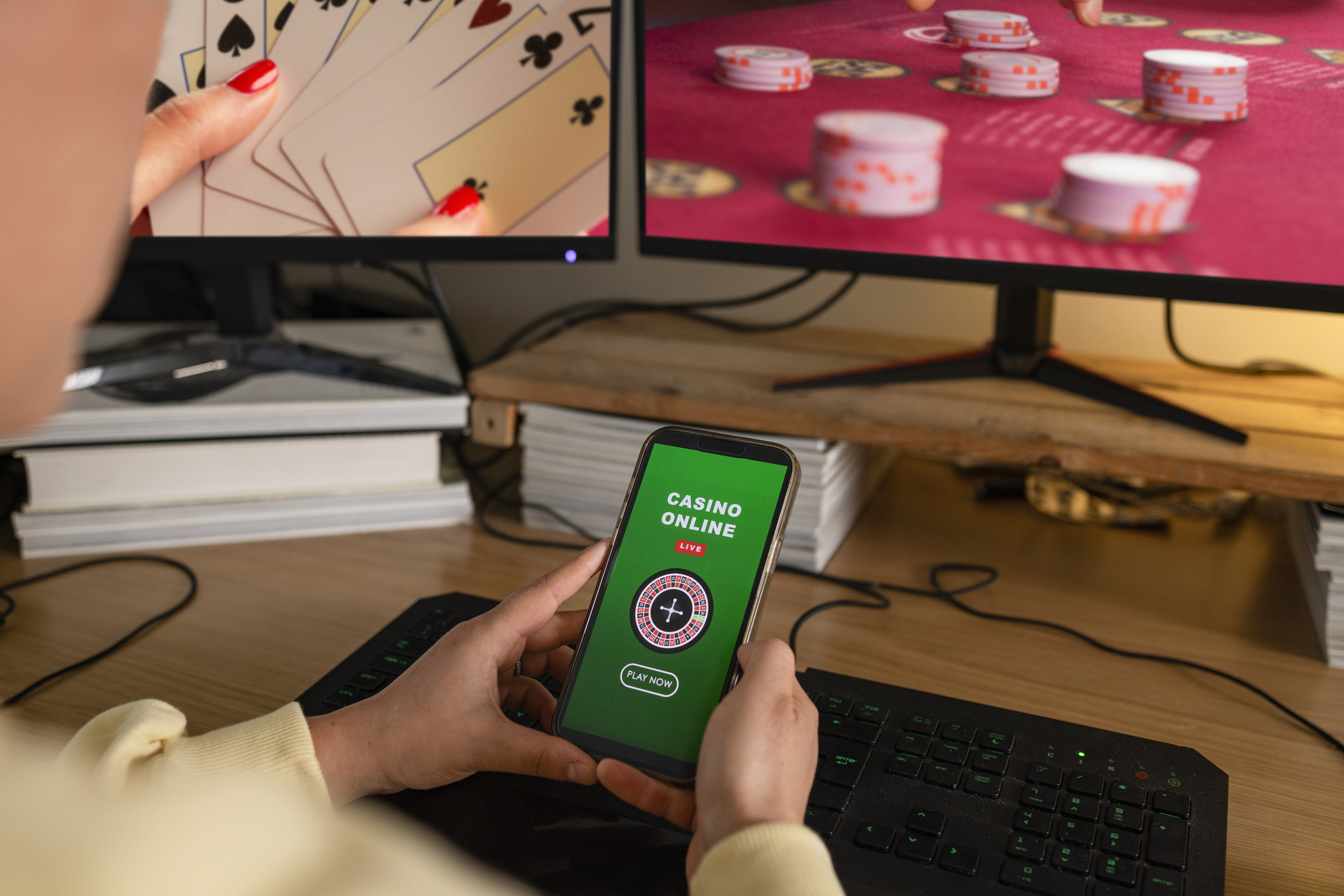
Maine might also legalize online gambling soon, thanks, in part, to LD 585, proposed by Rep. Laura Supica.
As it stands, the earliest Maryland voters could potentially see online casino legalization on a ballot would be November 2026. For now, players in Maryland can access a series of online casino games via social and sweepstakes online casinos, including WOW Vegas, McLuck Casino, High 5 Casino, Pulsz, and Chumba Casino.
Is The 15-25% Proposal Set In Stone?
West Virginia Democratic state delegate Shaun Fluharty said that the suggested tax rate of 15% to 25% will be a starting point for discussions at next week’s meeting.
"Many states have been discussing this, but were having a hard time getting it across the finish line," Fluharty told CBS News. "We're trying to put together some best practices for them."
This range exceeds what some states charge but is much lower than others; for example, Pennsylvania taxes online sports betting at 36% and online slot machine games at 54%. West Virginia taxes them at 15%, while New Jersey taxes online sports betting at 13% and places a 15% tax on online casino games.
Fluharty added that the national average for online gambling tax rates is 19%.
Limits on Credit Card Deposits Also Proposed
Next week's meeting will also cover the potential for strict oversight of internet gambling to protect consumers and remove dishonest individuals and companies.
The NCLGS proposal suggests creating a government agency to regulate online wagering if one doesn't already exist. It would also limit deposits to $20,000 in any 24 hours and ban the use of credit cards for funding gambling accounts.
It will be a big discussion on the best online gambling tactics states can take moving forward. There will be a lot to unpack.


